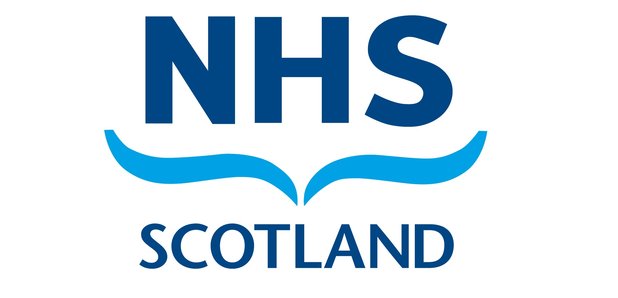On Air Now
Heart Breakfast with Des Clarke and Jennifer Reoch 6:30am - 10am
28 May 2019, 15:47 | Updated: 28 May 2019, 15:49

The number of abortions in Scotland is at a 10-year high, official statistics indicate.
Figures show 13,286 pregnant women aged 15-44 had terminations in 2018, a rate of 12.9 per 1,000.
The NHS Scotland Information Services Division report said the factors behind the recent increase are "not yet exactly clear".
Women aged 20-24 had the highest abortion rate in 2018, at 21.3 per 1,000, a pattern evident since 1985.
For the fifth consecutive year, girls under 16 had the lowest at 1.4 per 1,000 women.
In the past five years the rate and number of pregnancy terminations have risen for all age groups except the under-20s.
In 2018, 14% of all abortions in Scotland were in the under-20 age group compared with 25% a decade ago.
Rates for women in the most deprived areas remain about twice as high as those from the least deprived areas at 17.8 per 1,000 women aged 15-44 compared to 8.9.
For the first time the figures include the number of women taking a drug to induce the second part of a two-stage medical abortion process in their own home.
Across Scotland, almost a third (30%) of terminations were performed in this manner.
The proportion varied widely by health board, ranging from none reported in Ayrshire and Arran, Dumfries and Galloway, Fife, Highland and Lanarkshire to 85.7% across the island health boards.
Also included in the statistics for the first time were the the number of women from Northern Ireland, where abortion is illegal except in strict circumstances, accessing abortions on Scotland's NHS.
This has been recorded following a change in the law in 2017, which researchers said "appears to have had very little impact".
Fewer than 10 women having terminations in Scotland gave a Northern Ireland residence address in 2018 while in the past decade NHS Scotland has dealt with abortions for nearly 20 women from there.
An abortion is only permitted in Northern Ireland if a woman's life is at risk or if there is a risk of permanent and serious damage to her physical and mental health.
Katherine O'Brien, British Pregnancy Advisory Service spokeswoman said abortion rates for younger women are falling, with the under 20s down 49% between 2007 and 2018, while the rate for women aged 30-39 has risen by more than 10% in the past year.
She said: "This may be reflective of difficulties accessing contraception, but we are also concerned that constant warnings about the impact of age on fertility are leading some older women to take chances with their contraception under the misconception that they are unlikely to conceive.
"We need to ensure that the reproductive healthcare needs of all women are met, and that the drive to decrease teenage pregnancies is not at the expense of their older counterparts.
She said there is "no evidence" partial home use of abortion medication increases terminations.
Ms O'Brien added the abortion rate in Scotland for 2018 is not "markedly higher" than the 12.4 per 1,000 in 2009 and remains lower than England and Wales.
Michael Robinson of the Society for the Protection of Unborn Children Scotland, said the statistics are "deeply alarming".
He said: "Not only are we seeing a 10-year high, 13,286 abortions annually or the equivalent of 255 a week, we are once again seeing some of the most vulnerable women in society forced by circumstance to end the life of their unborn child.
He added: "Women deserve better than abortion and the right to life must be defended for every person."